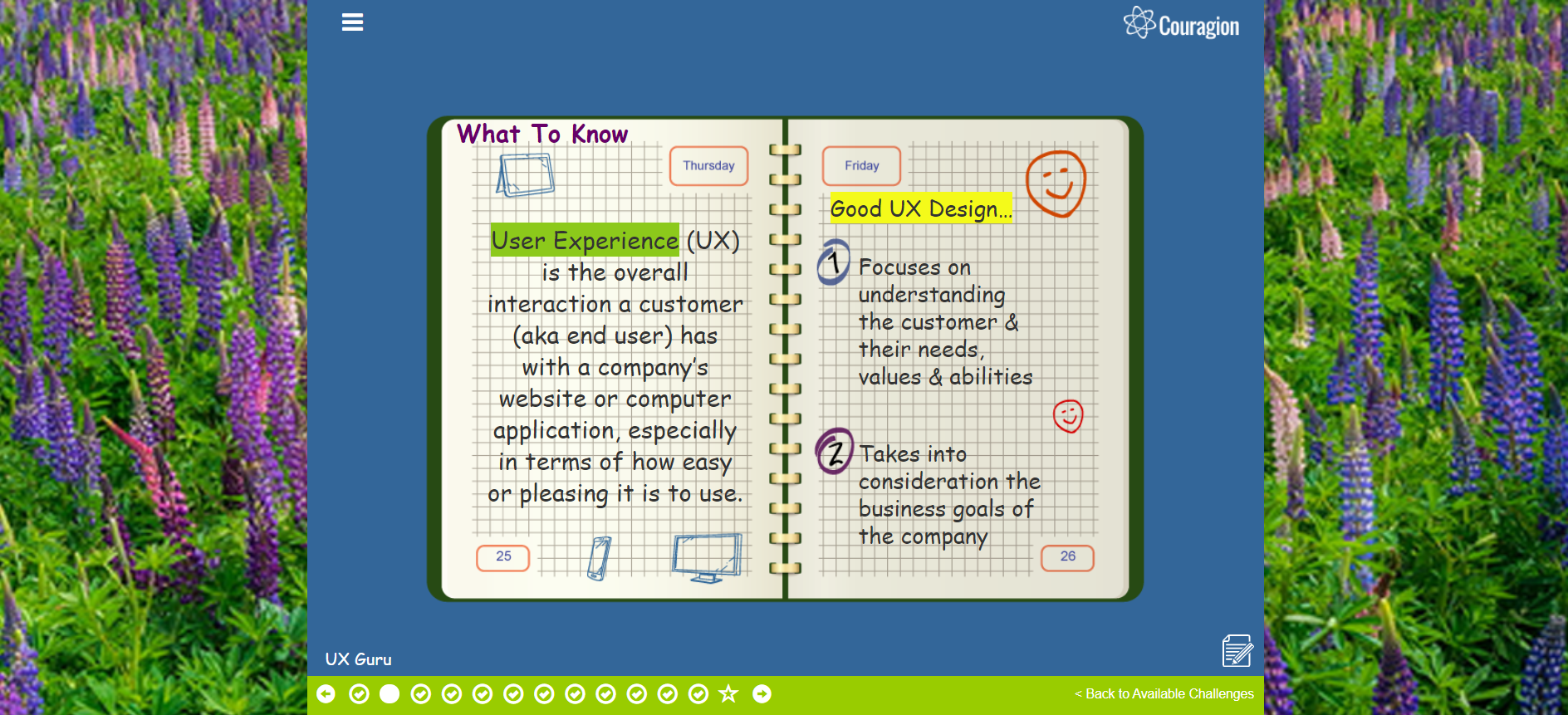Industry Jargon in Work-Based Learning Experiences
I recently came upon a research study in the Journal of Language and Social Psychology entitled "The Effects of Jargon on Processing Fluency, Self-Perceptions, and Scientific Engagement". Since we do research on self-perception in the context of STEM engagement, it caught my interest. The research found that jargon disrupts an individual's ability to comprehend scientific and technical information even when definitions or explainers are provided. As such, it's recommended that practitioners should remove jargon where possible. Shulman states, "In science, technology, engineering, and medicine, the use of jargon may discourage people from supporting those fields and even pursuing careers in them."
The following comprehension, self-perception, and engagement measures were analyzed as part of the research:
Interest toward scientific technologies
Plans for seeking out additional information on the scientific technologies
Beliefs about their ability to understand and engage with science and technology information
Confidence in their science and technology knowledge
I'm not sure it's practical to simply remove jargon all together. Jargon has long been part of the workplace. Technology terminology (such as A/B testing, derivative works, UX, and SCRUM meetings) provides continuity that crosses industries. This jargon allows greater efficiency in communication among those familiar with it. Proponents of jargon lobby for the need to effectively collaborate around specific issues and points in technical and scientific detail. So what happens if in addition to providing definitions, we contextualize the learning experience? And what if we teach these lessons with purpose-driven curriculum that features “near peer” role models who mirror a diverse demographic?
Couragion teaches students through virtual work-based learning experiences that incorporate greater purpose to show how STEM helps society, animals, and the environment. Couragion meticulously details industry terms and phrases through micro-lessons called "What To Know" exercises. These are paired with a mini quiz that tests for comprehension and a pop-up screen that provides real-time feedback about whether the answers are correct. If incorrect, the correct responses are then reiterated to establish a foundation for the next step in the learning process. Students then take that new found knowledge of workplace jargon to assume different career roles and master industry specific skills via applied activities like ones you'd really do on the job. Couragion believes that communicating information about a particular career, field, or area of activity might require using specialized terminology or vocabulary - and our results show that we aren't negatively impacting students interests, plans, beliefs, or confidence levels.
In a February 2020 study, 796 K–12 participants (47% people of color, 40% female) completed Couragion's work-based learning experiences. Participants achieved the following outcomes:
80.4% of students agreed that they enjoyed learning the career skills (joy)
81.8% of students were motivated to do better in their STEM assignments after completing the challenge (motivation)
86.5% of students agreed that learning these skills made them feel more confident about pursuing STEM careers (confidence)
Interestingly, when a participant shared the same gender or diversity as the career role model, their skill scores increased 6 to 8%. The study demonstrated that access to diverse role models, career literacy, and career skill-building provided by the Couragion R&D results in improved joy, motivation, confidence, and academic performance for students in their pursuit of STEM pathways. When jargon is explained and contextualized it can actually boost students' knowledge of and confidence in pursuing science and technology careers.
Sidebar: As you can see from the blog image, UX means “User Experience”. UX Technologist's often top the list of the biggest in-demand jobs with job growth of 30% (average job growth is 5% as defined by the Bureau of Labor Statistics). There are nearly 220,000 current openings in this field. Imagine if you didn’t learn what UX was and didn’t know it was a potential career opportunity?
Source: Journal of Language and Social Psychology "The Effects of Jargon on Processing Fluency, Self-Perceptions, and Scientific Engagement"
This material is based upon work supported by the National Science Foundation under Grant No. 1660021. Any opinions, findings and conclusions or recommendations expressed in this material are those of the author(s) and do not necessarily reflect the views of the National Science Foundation.

